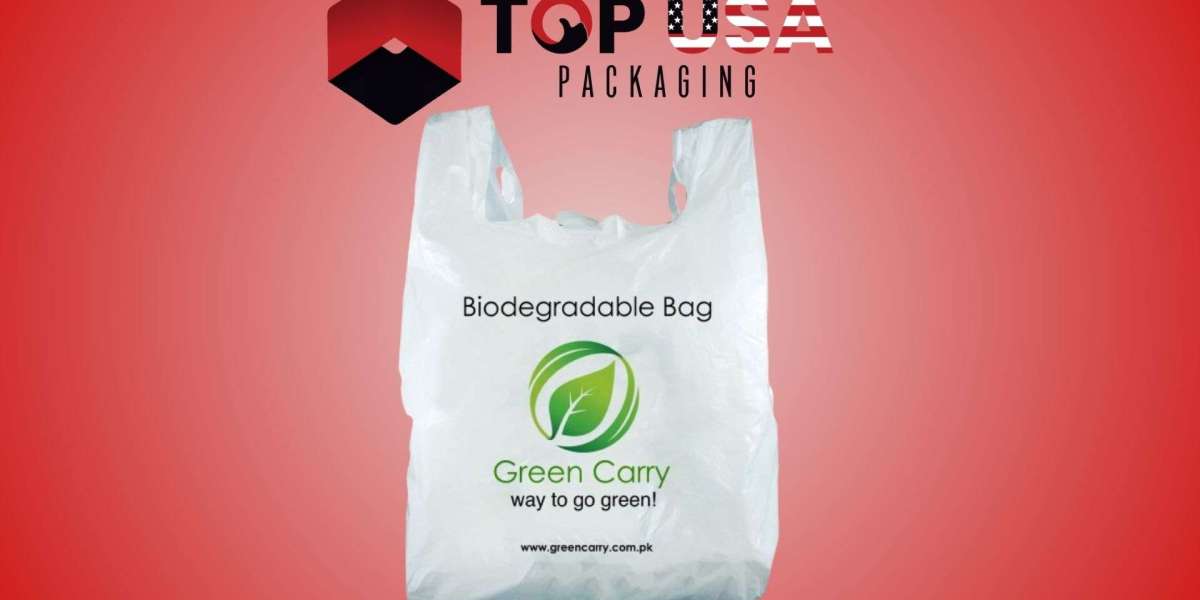Plastic pollution has become a significant environmental concern worldwide, with plastic bags being one of the most ubiquitous and problematic contributors. In response to this issue, efforts have been made to develop degradable polythene bags as a more environmentally friendly alternative. In this article, we delve into the concept of degradable polythene bags, their types, benefits, challenges, sustainable alternatives, and strategies for promoting their adoption.
I. Introduction
A. Definition of Degradable Polythene Bags
Degradable polythene bags are a type of plastic bags designed to break down into simpler compounds over time through various processes, reducing their impact on the environment compared to traditional plastic bags.
B. Importance of Addressing Plastic Pollution
Plastic pollution poses a severe threat to ecosystems, marine life, and human health. Finding sustainable solutions to reduce plastic waste is crucial for mitigating its detrimental effects.
C. Purpose of the Article
This article aims to provide insights into degradable polythene bags, exploring their benefits, challenges, sustainable alternatives, and strategies for promoting their adoption to address plastic pollution effectively.
II. Types of Degradable Polythene Bags
A. Oxidative Degradation
Oxidative degradation involves the breakdown of polythene molecules through exposure to oxygen and UV radiation, leading to fragmentation into smaller particles.
B. Biodegradable Polythene Bags
Biodegradable polythene bags contain additives that enable microorganisms to break down the material into organic compounds, reducing its persistence in the environment.
C. Photodegradable Polythene Bags
Photodegradable polythene bags degrade under sunlight exposure due to the presence of light-sensitive additives, facilitating their decomposition process.
III. Benefits of Using Degradable Polythene Bags
A. Environmental Benefits
Degradable polythene bags contribute to reducing plastic pollution by breaking down into non-toxic components, minimizing their environmental impact.
B. Reduced Carbon Footprint
The production and disposal of degradable polythene bags often result in lower carbon emissions compared to traditional plastic bags, contributing to climate change mitigation efforts.
C. Economic Advantages
Investing in degradable polythene bags can lead to long-term cost savings for businesses and municipalities by reducing waste management expenses and environmental cleanup costs.
IV. Challenges and Concerns
A. Misconceptions About Degradable Polythene Bags
There is a misconception that degradable polythene bags are entirely eco-friendly, leading to complacency in their use and disposal practices.
B. Proper Disposal Methods
Ensuring proper disposal of degradable polythene bags is essential to maximize their environmental benefits and prevent contamination of soil and water resources.
C. Regulatory Issues
The lack of standardized regulations and certification processes for degradable polythene bags poses challenges in ensuring their effectiveness and environmental sustainability. If you want to know more information about cookie cake boxes visit TopUSAPackaging.
V. Sustainable Alternatives
A. Compostable Bags
Compostable bags made from biodegradable materials offer a more sustainable alternative to degradable polythene bags, as they can fully degrade into compost under controlled conditions.
B. Reusable Bags
Encouraging the use of reusable bags made from durable materials such as canvas or jute helps reduce reliance on single-use plastic bags, promoting a more sustainable shopping culture.
C. Paper Bags
Paper bags sourced from responsibly managed forests are biodegradable and recyclable, offering another eco-friendly option for packaging and carrying goods.
VI. Promoting Awareness and Adoption
A. Education Campaigns
Raising awareness about the environmental impact of plastic pollution and the benefits of using degradable polythene bags through educational initiatives and public outreach efforts.
B. Government Policies and Incentives
Implementing policies that encourage the use of degradable polythene bags and provide incentives for businesses to adopt sustainable packaging practices.
C. Corporate Responsibility
Encouraging businesses to embrace corporate social responsibility by transitioning to environmentally friendly packaging solutions and supporting initiatives to reduce plastic waste.
VII. Conclusion
In conclusion, degradable polythene bags offer a promising solution to mitigate plastic pollution by reducing the environmental impact of plastic bags. However, addressing challenges such as misconceptions, proper disposal methods, and regulatory issues is essential to maximize their effectiveness. By promoting awareness, sustainable alternatives, and collective action, we can work towards a cleaner and more sustainable future.
FAQs (Frequently Asked Questions)
- Are degradable polythene bags completely biodegradable?
- How long does it take for degradable polythene bags to decompose?
- Can degradable polythene bags be recycled?
- Are there any health risks associated with using degradable polythene bags?
- What measures can individuals take to ensure proper disposal of degradable polythene bags?


